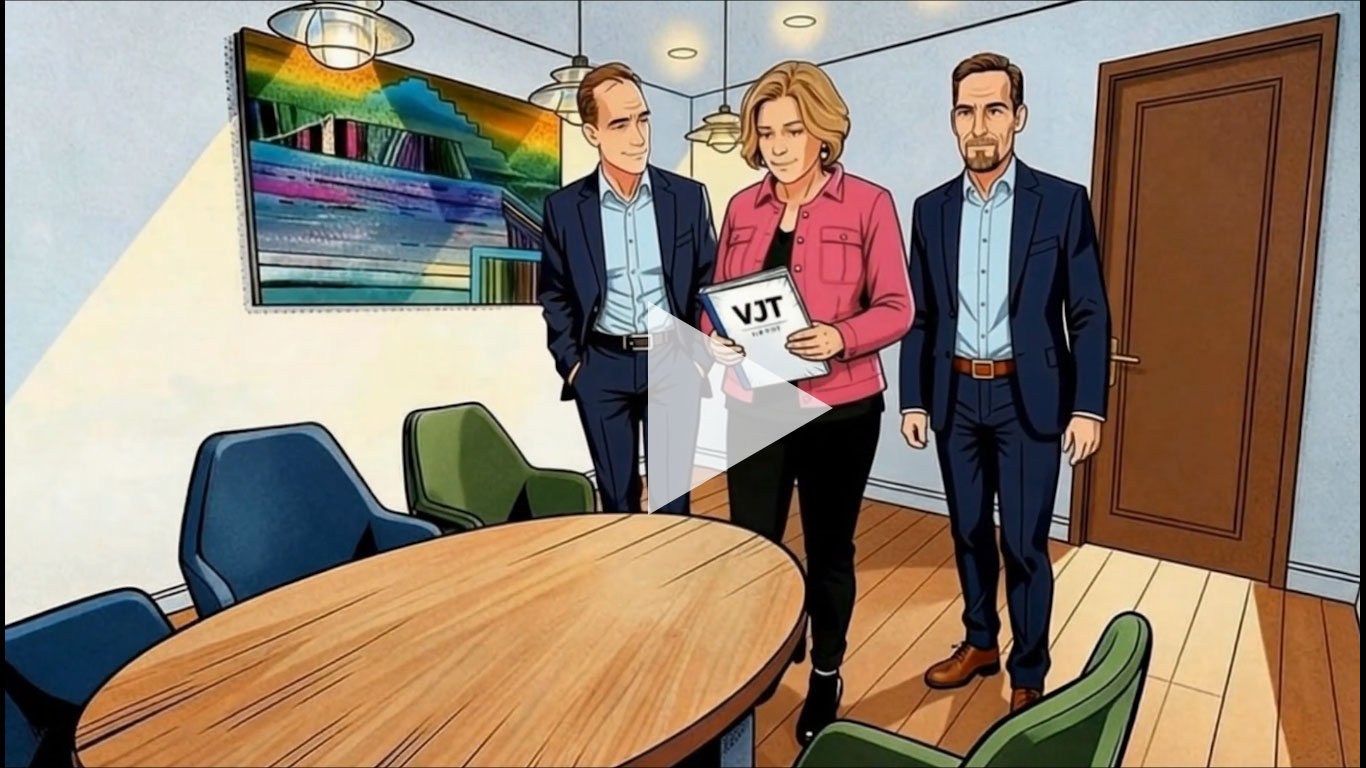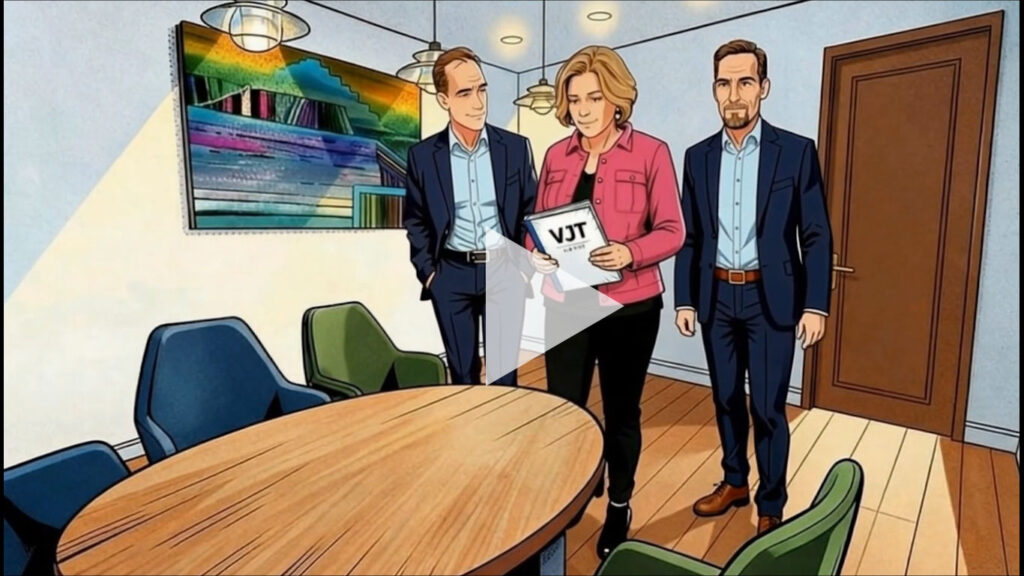Platform working now has its own European set of rules

After more than 2 years of negotiations among EU officials, the final text of the new EU platform work directive has been agreed and approved by the European Parliament. This is the first piece of legislation in the world designed to address issues associated with platform work, a very hot trend the importance of which is growing rapidly. There are over 28 million platform workers in the EU, and their legal status has been unclear. The new EU directive is meant to clarify this.
According to the EU’s definition “platform work is a form of employment in which organisations or individuals use an online platform to access other organisations or individuals to solve specific problems or to provide specific services in exchange for payment”. To bring this closer to readers: think Uber and Foodora as examples.
Most EU platform workers are formally self-employed. Still, they are required by the digital platform employing them to abide by corporate standards, as if they were employees. EU legislators concluded, platform workers should also have certain labour and social protection rights, just like “ordinary” employees.
The freshly adopted EU directive makes platform workers employees by default. If the platform employing them thinks otherwise, it is the platform that will need to prove that its platform worker is truly self-employed. The digital platforms will not be able to process certain kinds of personal data according to the directive, such as private conversations, potential trade union activity, etc. Ensuring human oversight on important decisions that directly affect platform workers will be also essential.
And these are just a couple of issues addressed in the EU directive and designed to protect platform workers.
The platform work EU directive was passed on 24 April 2024, and EU member states have 2 years to implement locally.
For further information about this topic, please contact our experts, Nándor Beck (beckn@vjt-partners.com) and András Lovretity (lovretitya@vjt-partners.com).
Share:








